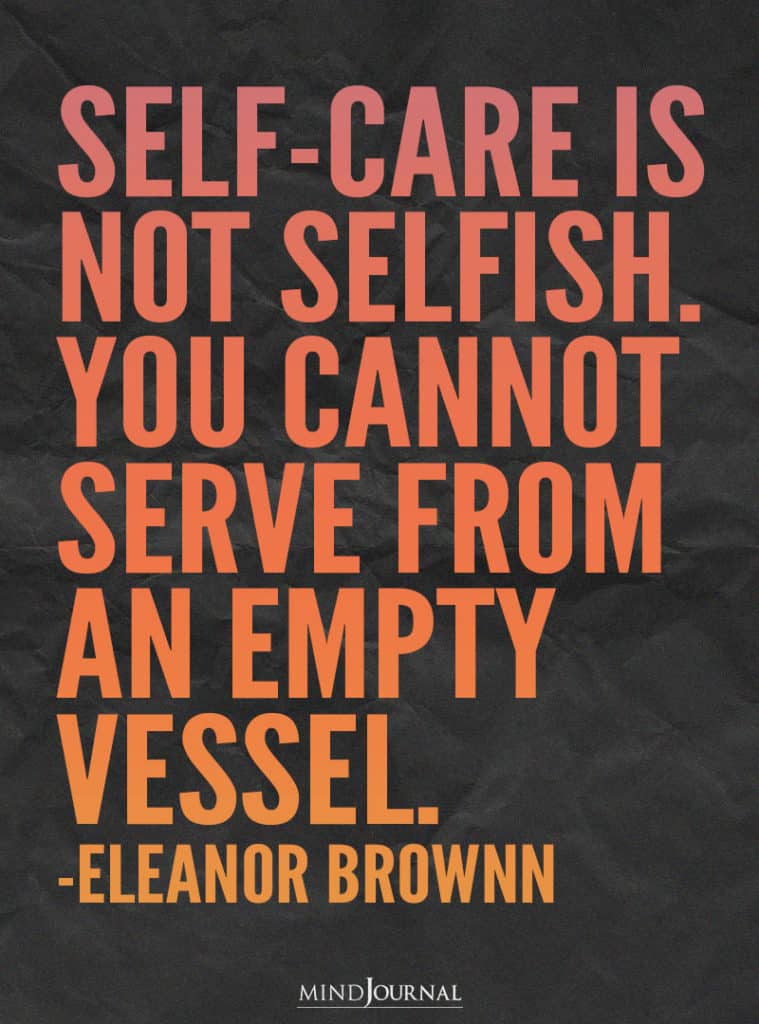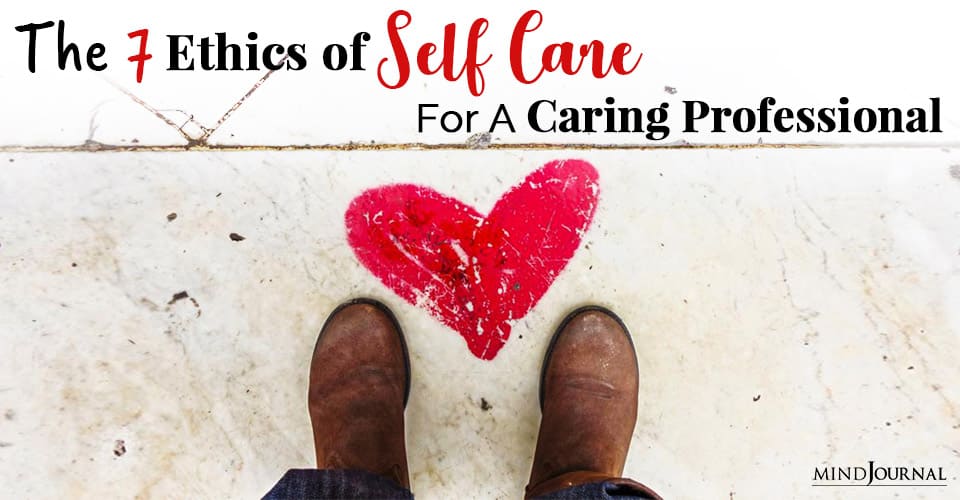Self-care as a counselor, educator, or health care professional is critical. Self-care forms the foundation for healthy emotional, physical, mental, and spiritual well-being.
Many of you work in demanding situations, hold high expectations for yourselves, and believe you should be able to handle anything no matter what the challenge. But that can lead to burnout and compassion fatigue. This post helps you understand your responsibilities as a caring professional.
Do You Recognize Your Own Unique Stressors?
First off, compassion fatigue is a serious issue among counselors as literature points to a number of negative side effects:
- Depression
- Mild anxiety
- Exhaustion (physical or emotional)
- Disrupted relationships
- Sleep issues
- Emotional reactivity
- Re-opening of “old wounds” (i.e. counter-transference)
- Guilt, shame, rage
- Inability to separate professional work from personal life
- Feeling helpless/hopeless in your work with clients
You can also view compassion fatigue as secondary traumatic stress accumulated from helping or wanting to help a traumatized or suffering person. Another distinction to keep in mind is that secondary trauma and compassion fatigue are not the same as burnout. Burnout is associated with the daily stressors of the job whereas secondary trauma and compassion fatigue is directly related to what therapists absorb from clients’ material. Another difference is that burnout is often more subtle while secondary traumatic stress can have a rapid onset with similar symptoms to those affected by post-traumatic stress disorder.
Read Benefits of Self-care and How it Affects Mental Wellness
Some therapists may believe they are immune to compassion fatigue but that is not true. Some may cope better than others, some may hide it better than others, but all are impacted by its residual effect on our minds, bodies, and psyches.

So What Can You Do To Care For Your Own Self?
1. Set limits
I limit my therapy contacts to no more than 20 clients a week. Some therapists can do more but this is where self-awareness is needed. You must know your own limits to be effective in this field. Setting limits also means knowing which clients are beyond your scope of expertise or interest and knowing when to refer out.
2. Mindfulness
This self-care activity can be a simple breathing exercise, daily journaling or prayer, or even a walk outside. The goal is to clear your mind so you can be more centered in your decision-making.
Read 7 Simple Strategies to Increasing Mindfulness in as Little as 30 Seconds
3. Physical health
Proper nutrition, sleep, and exercise are all values we ask of clients, so we need to emulate and model these characteristics in ourselves.
4. Therapy
Nothing beats having your own therapist so you can unload your stress onto someone else.

5. Networking/consulting
Meeting regularly with other clinicians to empathize and carry each other’s professional and personal burden can do wonders to lower your compassion fatigue.
6. Learning Activities
Finding ways to keep the mind active through new activities, hobbies, or other avenues of growth will keep you stimulated and refreshed.
7. Community
Be an active part of your community. Whether it’s a volunteer group, church, or sports team, joining and being actively part of an ongoing community will keep you connected and limit your feelings of emotional and physical isolation.
Read 22 Tips To Improve Mental Health In The Workplace
For myself, I often go into the creative realm to recharge from the rigors of therapy. This can include writing, poetry, or creating workshops geared towards personal development, addictions, or multicultural issues. I also love basketball so I try to play periodically while also officiating games from elementary school through high school which allows me to escape my private persona as a therapist.
Finally, spiritual practices of prayer, meditation, and gathering with other like-minded individuals are what give me a sense of meaning, purpose, and vitality separate from my work or career. In other words, while we may love caring for others, this is not our identity and cannot be our source of validation. We must remain vigilant to find other means to nurture ourselves, lest we fall victim to burnout or compassion fatigue.
Writing: Sam Louie Originally appeared on: Psychology Today Republished with permission









Leave a Reply